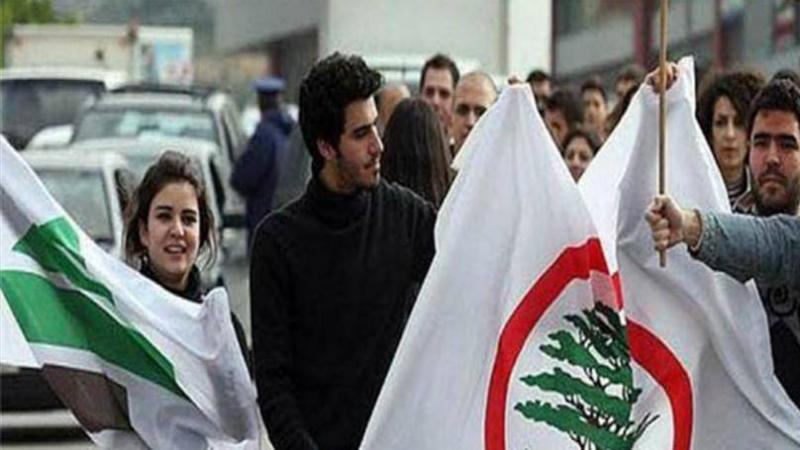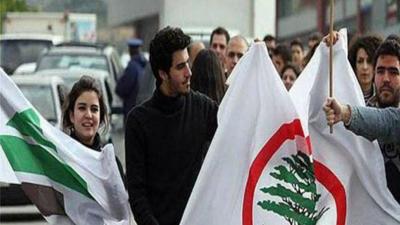The estrangement chapter between the Lebanese Forces and the Lebanese Phalanges has been closed, and following the recent parliamentary elections, another chapter began between the two Christian parties, titled coordination and cooperation. After years of coolness, even tension, following the Lebanese Forces' involvement in the presidential settlement that brought President Michel Aoun to Baabda Palace, and after the Phalanges engaged in the October 17 Revolution, considering the Forces part of the establishment—while noting that Forces supporters were actively present on the ground in various areas during the revolution—the scene has positively changed between the two sides after the May 2022 electoral process. Instead of the language of bidding wars and criticisms, there is now a more rational and calm discourse.
This cooling process, managed by officials from both sides, is the result of a mutual desire to rebuild bridges between them. Its effects became evident when a Phalange delegation participated in the martyrs' mass held in Maarab on September 4, which was welcomed by the leader of the Lebanese Forces, Samir Geagea, who said, “I will unusually welcome some individuals due to their special presence: the Phalange delegation, MPs Selim Sayegh and Nadim Gemayel, who are comrades in the cause and struggle since the past to today, regardless of the differing methods at times.”
The Lebanese Forces also ensured a high-level delegation's participation in the central celebration held by the Phalanges yesterday to commemorate the 40th anniversary of the martyrdom of President Bashir Gemayel and his comrades. The delegation, headed by Deputy Chairman George Adwan, included former Deputy Prime Minister Ghassan Hasbani, MPs George Okeis, Nazih Matar, Elias Stefan, Razi Haj, and Jihad Bqeradouni.
According to Forces sources to "Al-Markaziyya," this convergence is evidence of political maturity among the two parties, which recognize the importance of the current phase requiring them to set aside narrow calculations and past disputes "to bear our responsibilities towards the nation and our shattered people." "Certainly, the primary goal of the renewed coordination is to successfully and smoothly complete the presidential entitlement, constituting a station through which Lebanon can transition from a dark phase to one filled with hope for recovery from the crisis we are entangled in. However, our cooperation will not stop there."
Contact between the Forces and the Phalanges is the norm. The coolness that marked previous years was the anomaly they wish to avoid returning to, according to the sources. "We agree on most, if not all, of the 'fundamental' essentials," they assert. "This is how we were in the past when we fought together during war and peace, and blood and fire forged our relationships... and this is how we are today. We share a common vision for Lebanon's problems and how to resolve them."
Re-establishing warmth in the lines of communication is a final decision, the sources continue. This does not mean, of course, that we will dissolve into one another; each of us has our positions and opinions on daily matters and current issues, but we agree on the essentials, and that is what matters most. Based on this, the Forces and the Phalanges will work shoulder to shoulder "presidentially," but afterwards, they will not revert to quarrels and disputes. Instead, they will cooperate legislatively and non-legislatively, perhaps also "popularly," for the benefit of Lebanon, its people, economy, sovereignty, prosperity, state, and development, for which they have sacrificed dearly.




